IP rating for outdoor lighting explained | Quenenglighting Expert Guide
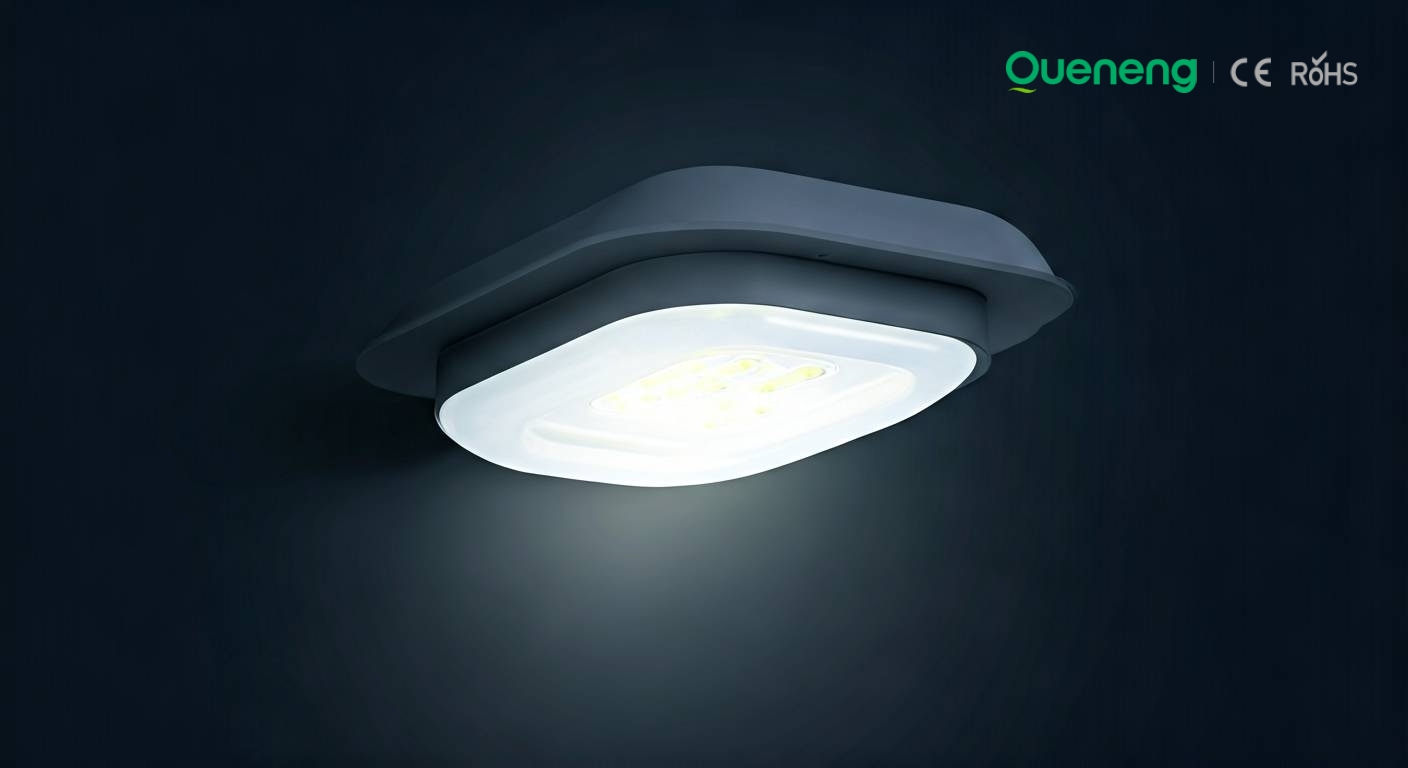
Understanding IP Ratings for Outdoor Solar Lighting: Your Procurement Guide
When investing in outdoor solar lighting, durability and longevity are paramount. These lights are constantly exposed to the elements, from scorching sun and driving rain to dust storms and accidental splashes. This is where IP (Ingress Protection) ratings become crucial. Understanding these ratings is key for solar lighting industry professionals during procurement, ensuring that products meet the necessary resilience standards for their intended applications. Let's demystify IP ratings and guide you through selecting the right protection for your solar lighting projects.
What Exactly is an IP Rating and Why is it Crucial for Outdoor Solar Lighting?
An IP rating, or Ingress Protection marking, is an international standard (IEC 60529) that classifies and rates the degree of protection provided by mechanical casings and electrical enclosures against intrusion from solid objects (like dust and fingers) and liquids (like water). For outdoor solar lighting, where exposure to environmental factors is guaranteed, the IP rating directly indicates how well the fixture can withstand these elements without internal damage. A correctly chosen IP rating ensures the longevity, reliability, and safety of the solar light, protecting its sensitive electronic components, battery, and solar panel from premature failure due to dust or moisture ingress.
Deciphering the Digits: What Do the Numbers in an IP Rating Signify?
An IP rating is always presented as IP followed by two digits, for example, IP65 or IP67. Each digit signifies a specific type of protection:
- First Digit (Solid Particle Protection - 0-6): This number indicates the level of protection against solid foreign objects, including dust, tools, and fingers.
- 0: No protection.
- 1: Protected against solid objects over 50mm (e.g., accidental touch by hand).
- 2: Protected against solid objects over 12.5mm (e.g., fingers).
- 3: Protected against solid objects over 2.5mm (e.g., tools, thick wires).
- 4: Protected against solid objects over 1.0mm (e.g., small wires, screws).
- 5: Dust protected – Ingress of dust is not entirely prevented, but it must not interfere with the satisfactory operation of the equipment.
- 6: Dust tight – No ingress of dust; complete protection.
- Second Digit (Liquid Ingress Protection - 0-8): This number indicates the level of protection against water and other liquids.
- 0: No protection.
- 1: Protected against vertically falling water drops (e.g., condensation).
- 2: Protected against vertically falling water drops when enclosure is tilted up to 15°.
- 3: Protected against spraying water (e.g., light rain).
- 4: Protected against splashing water from any direction (e.g., heavy rain, patio splashes).
- 5: Protected against water jets from any direction (e.g., hose nozzle).
- 6: Protected against powerful water jets from any direction (e.g., heavy seas, powerful washdowns).
- 7: Protected against the effects of temporary immersion in water (up to 1 meter for 30 minutes).
- 8: Protected against continuous immersion in water under conditions specified by the manufacturer (e.g., greater than 1 meter).
Which IP Ratings Are Most Common for Outdoor Solar Lights and What Do They Protect Against?
For outdoor solar lighting, certain IP ratings are more prevalent depending on the expected exposure:
- IP44: Commonly seen on decorative solar lights that might be placed under a sheltered patio or in areas with minimal direct exposure to heavy rain. It offers protection against solid objects larger than 1mm and splashing water from any direction. Not suitable for direct rain or harsh environments.
- IP65: This is arguably the most common and versatile IP rating for general outdoor solar lighting applications. 6 signifies full dust-tight protection, preventing any dust from entering the fixture, which is vital for solar panels and electronics. 5 means it's protected against low-pressure water jets from any direction, making it ideal for garden path lights, wall lights, and general landscape lighting that will endure typical rain and occasional hosing.
- IP66: Offers enhanced protection against powerful water jets. While still dust-tight, the 6 for water protection makes it suitable for areas exposed to very heavy rainfall, strong winds that drive rain, or where the lights might be subject to powerful washdowns, such as industrial outdoor settings or coastal areas.
- IP67: With a 7 for liquid protection, these lights are dust-tight and can withstand temporary immersion in water up to 1 meter for 30 minutes. This rating is crucial for ground-recessed solar lights, deck lights, or any fixture that might be temporarily submerged during heavy downpours or minor flooding.
- IP68: The highest standard for water protection, IP68 rated solar lights are dust-tight and designed for continuous immersion in water beyond 1 meter. This is essential for underwater solar accent lights in ponds, fountains, or swimming pools, where the manufacturer will specify the exact depth and duration of immersion.
Choosing the Right IP Rating: How to Select for Different Outdoor Solar Lighting Applications?
Selecting the appropriate IP rating involves assessing the specific environment and potential exposure to dust and water for each solar lighting application:
- Sheltered Areas (e.g., under eaves, covered patios): IP44 might suffice, though IP65 offers better long-term reliability against accidental splashes or wind-driven dust.
- General Garden & Pathway Lighting (Exposed to Rain): IP65 is the standard recommendation. It provides robust protection against typical rain, dust, and garden irrigation. Most commercially available quality solar path lights and spot lights fall into this category.
- Coastal Areas & Heavy Rain Zones: Consider IP66 for lights directly exposed to strong winds, driving rain, or sea spray, which can be more aggressive.
- Ground-Recessed & Deck Lighting: IP67 is highly recommended for any lights installed at ground level or in decks, as they are susceptible to temporary pooling of water or direct contact with irrigation systems.
- Underwater & Pond Lighting: IP68 is absolutely necessary for any solar lights intended for continuous submersion in ponds, fountains, or water features. Always verify the maximum depth specified by the manufacturer.
Over-specifying can lead to unnecessary costs, but under-specifying will result in premature failure and higher replacement expenses.
Is a Higher IP Rating Always Necessary for Outdoor Solar Lighting?
While a higher IP rating generally means greater protection, it's not always better or necessary for every application, especially from a procurement perspective considering cost-effectiveness. For instance, using an IP68 light for a simple wall-mounted application under a roof would be overkill. Lights with higher IP ratings typically involve more complex sealing mechanisms, higher-grade materials, and more rigorous testing, which translates to a higher manufacturing cost. Therefore, a higher IP rating often means a higher unit price.
The key is to match the IP rating to the actual environmental conditions and operational needs. For example, an IP65 rated solar light is perfectly adequate for the vast majority of garden and pathway lighting applications, offering an excellent balance of protection and cost. Only when facing specific challenges like potential temporary submersion (IP67) or continuous underwater operation (IP68) should you opt for the highest ratings. Strategic selection ensures optimal performance without incurring undue expenses, contributing to a more efficient and profitable solar lighting project.

Have more questions about our products or services?
The latest hot news you might like



A comprehensive 2026 guide to solar street light pricing. Covers commercial installation costs, LiFePO₄ battery trends, smart IoT features, and a detailed ROI comparison against traditional grid lighting.

A comprehensive 2026 outlook on integrated solar street lights, featuring performance benchmarks like bifacial panels, LiFePO₄ batteries, and Smart City IoT integration for maximum ROI.
FAQ
Battery Types and Applications
What is a solar cell? What are the advantages of solar cells?
Solar energy systems are easy to install, easy to expand, and easy to disassemble. At the same time, using solar energy is also very economical and there is no energy consumption during the operation. In addition, the system is resistant to mechanical wear and tear; a solar system requires reliable solar cells to receive and store solar energy. Generally, solar cells have the following advantages:
1) High charge absorption capacity;
2) Long cycle life;
3) Good rechargeability;
4) No maintenance required.
All-in-one solar street lights
How long is the battery lifespan?
Typically 5–8 years depending on battery type and usage.
Transportation and Highways
Can the system be integrated with existing electrical grids for hybrid operation?
Yes, our solar lighting systems can be configured for hybrid operation, combining solar power with grid electricity for uninterrupted performance.
Solar Street Light Luxian
Are Luxian solar street lights suitable for installation in remote locations?
Yes, Luxian solar street lights are ideal for remote or off-grid locations, as they operate entirely on solar power and do not require any connection to the electrical grid. They are perfect for rural roads, pathways, parks, or other outdoor spaces that lack access to traditional power sources.
Battery and Analysis
What are the control methods to prevent battery overcharging?
1) Peak voltage control: Determine the end of charging by detecting the peak voltage of the battery;
2) dT/dt control: determine the end point of charging by detecting the battery peak temperature change rate;
3) △T control: When the battery is fully charged, the difference between the temperature and the ambient temperature will reach the maximum;
4) -△V control: When the battery is fully charged and reaches a peak voltage, the voltage will drop by a certain value;
5) Timing control: Control the charging end point by setting a certain charging time. Generally, set the time required to charge 130% of the nominal capacity;
Tourist Attractions and Resorts
How long does it take to install solar lighting at a resort or tourist attraction?
The installation time for solar lighting systems is typically shorter than conventional electrical lighting. Depending on the size and complexity of the site, installation can usually be completed within a few days to a week.

The Solar Streetlights of Luhao for Municipalities are designed to deliver reliable, energy-efficient, and cost-effective public lighting solutions. Equipped with advanced LED technology, durable lithium batteries, and high-efficiency solar panels, these streetlights provide consistent illumination for roads, parks, residential areas, and government projects.
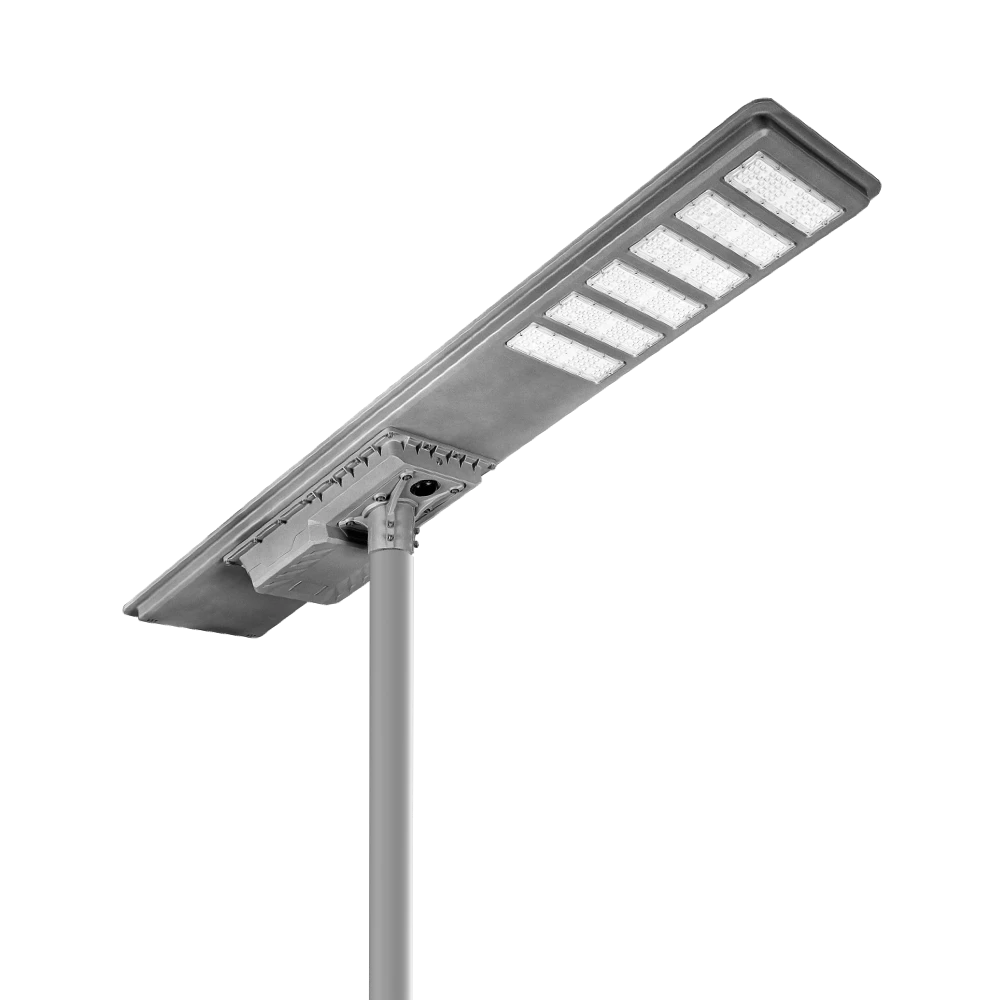
Queneng's Luqiu Innovative Solar Street Light offers energy-saving, durable outdoor lighting. This solar power street light provides a reliable and eco-friendly solution for illuminating your streets and pathways.
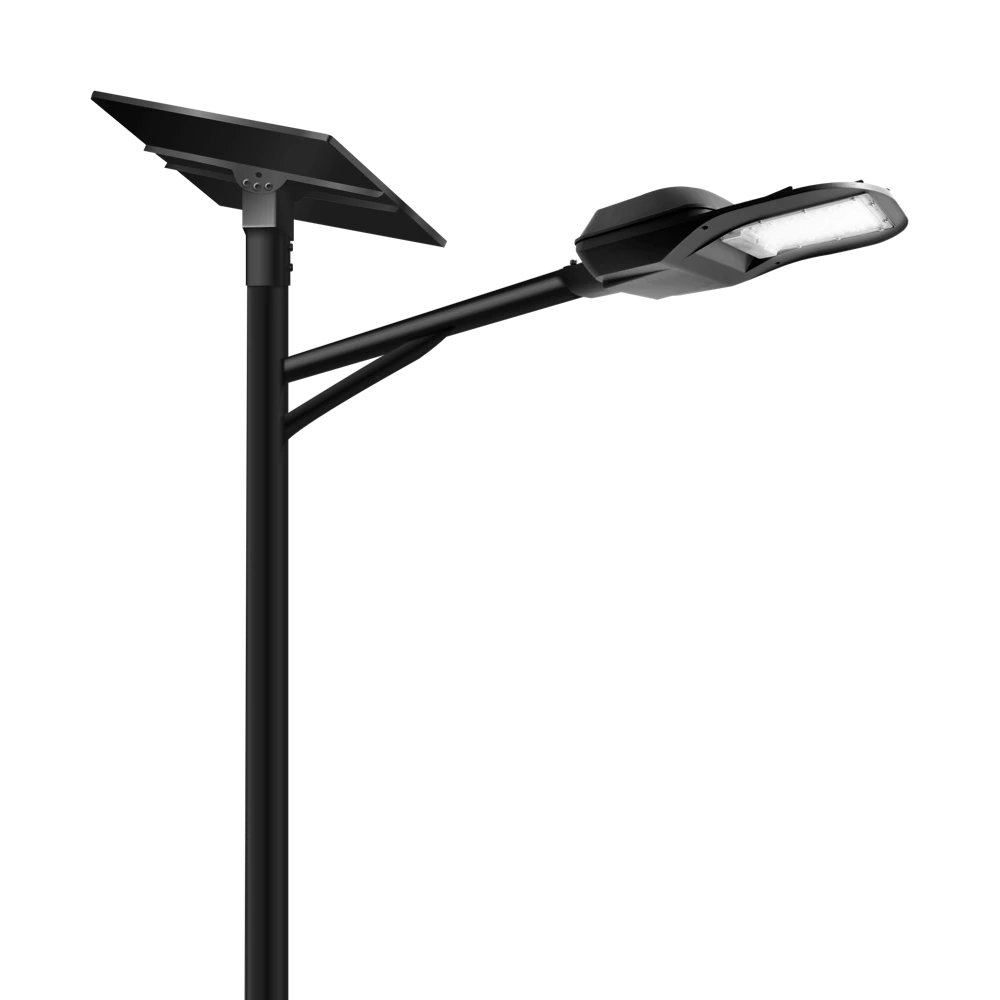

Lubai is an integrated solar street light designed for stable, long‑term outdoor lighting in off‑grid and weak‑grid areas. Combining a high‑efficiency solar panel, LiFePO₄ battery, and intelligent motion sensing, Lubai delivers reliable illumination with low maintenance and fast installation.
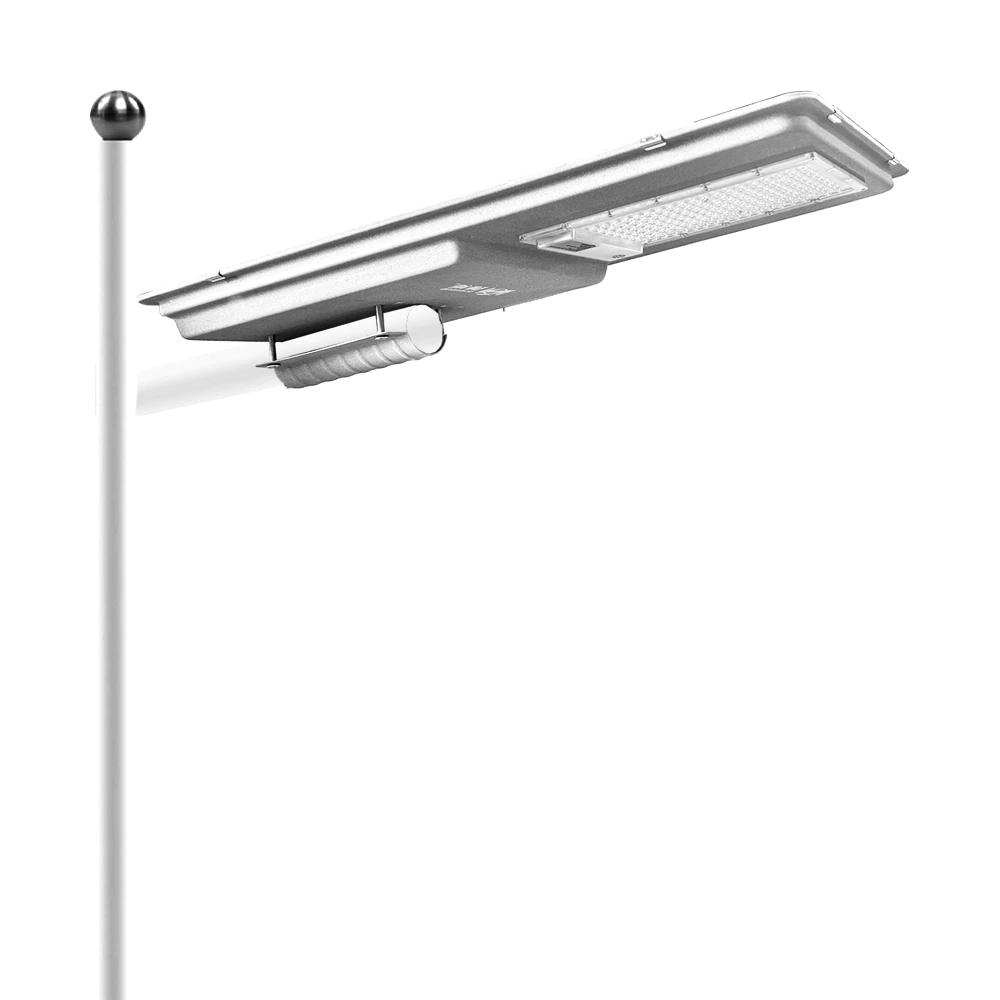
Queneng's Lufa high-efficiency solar LED street lights illuminate urban and commercial spaces brilliantly. These commercial solar LED street lights offer superior energy savings and reliable performance, making them an ideal sustainable lighting solution.
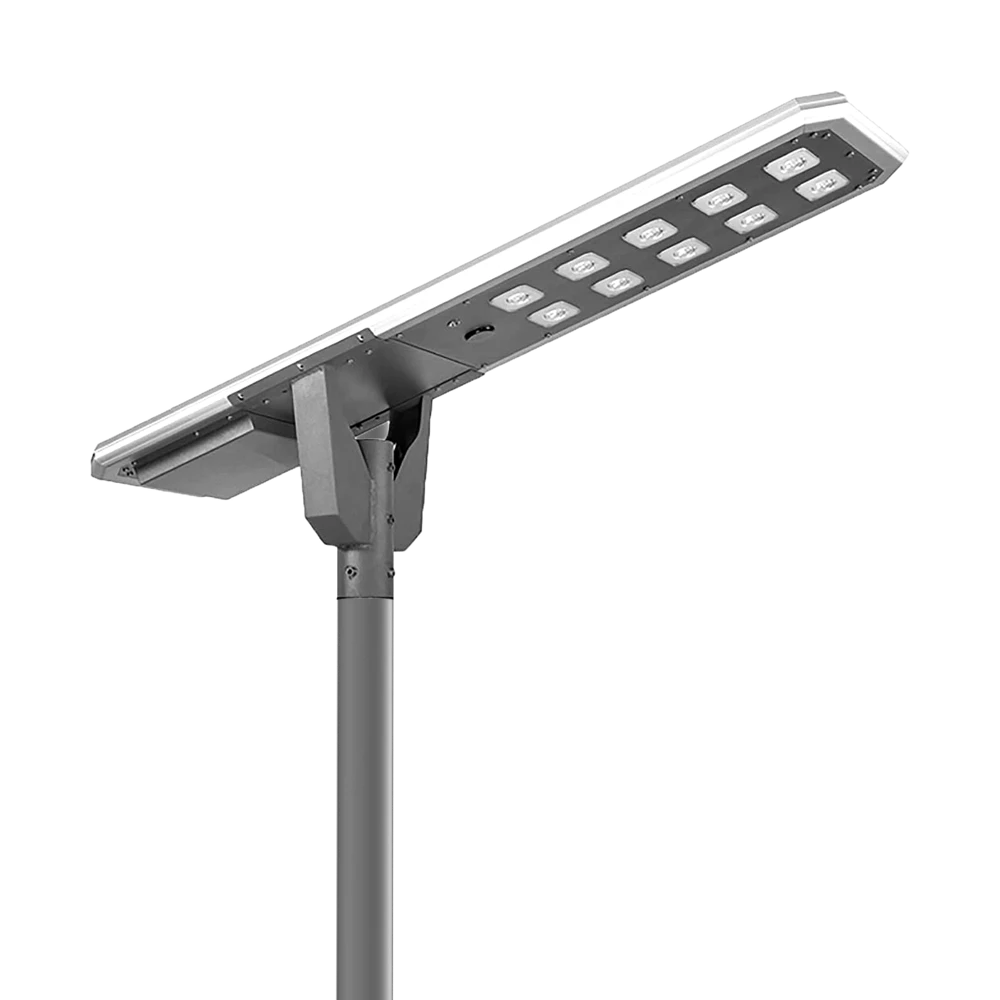
Illuminate your outdoor spaces with the Solar Street Light, a cutting-edge solution combining advanced solar technology and energy-saving LED lighting.
If you would like more information about Queneng solar lighting solutions, please send us a message by filling out the form below. Our professional team will get back to you within 24 hours!
Rest assured that your privacy is important to us, and all information provided will be handled with the utmost confidentiality.
Schedule a Meeting

Book a date and time that is convenient for you and conduct the session in advance.
Have more questions about our products or services?





















